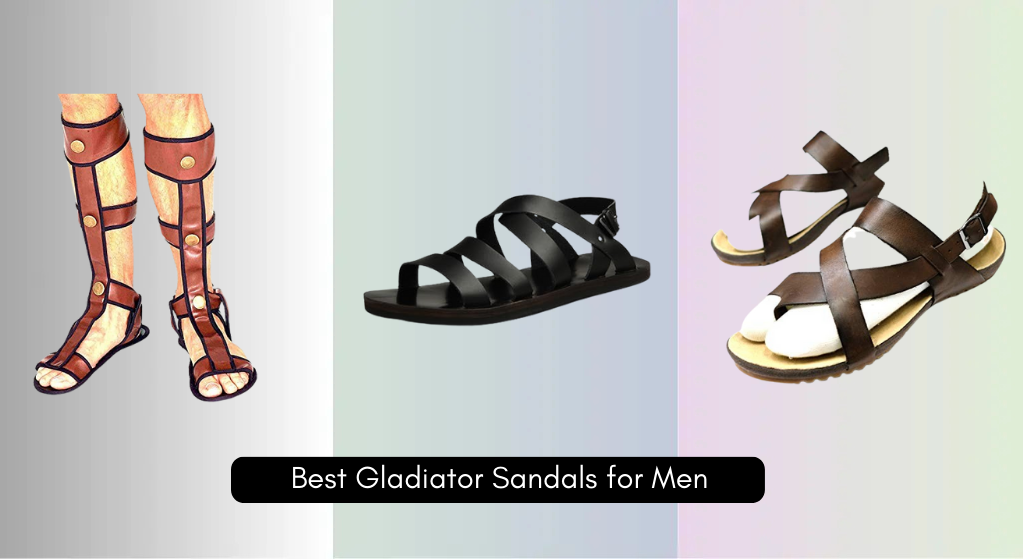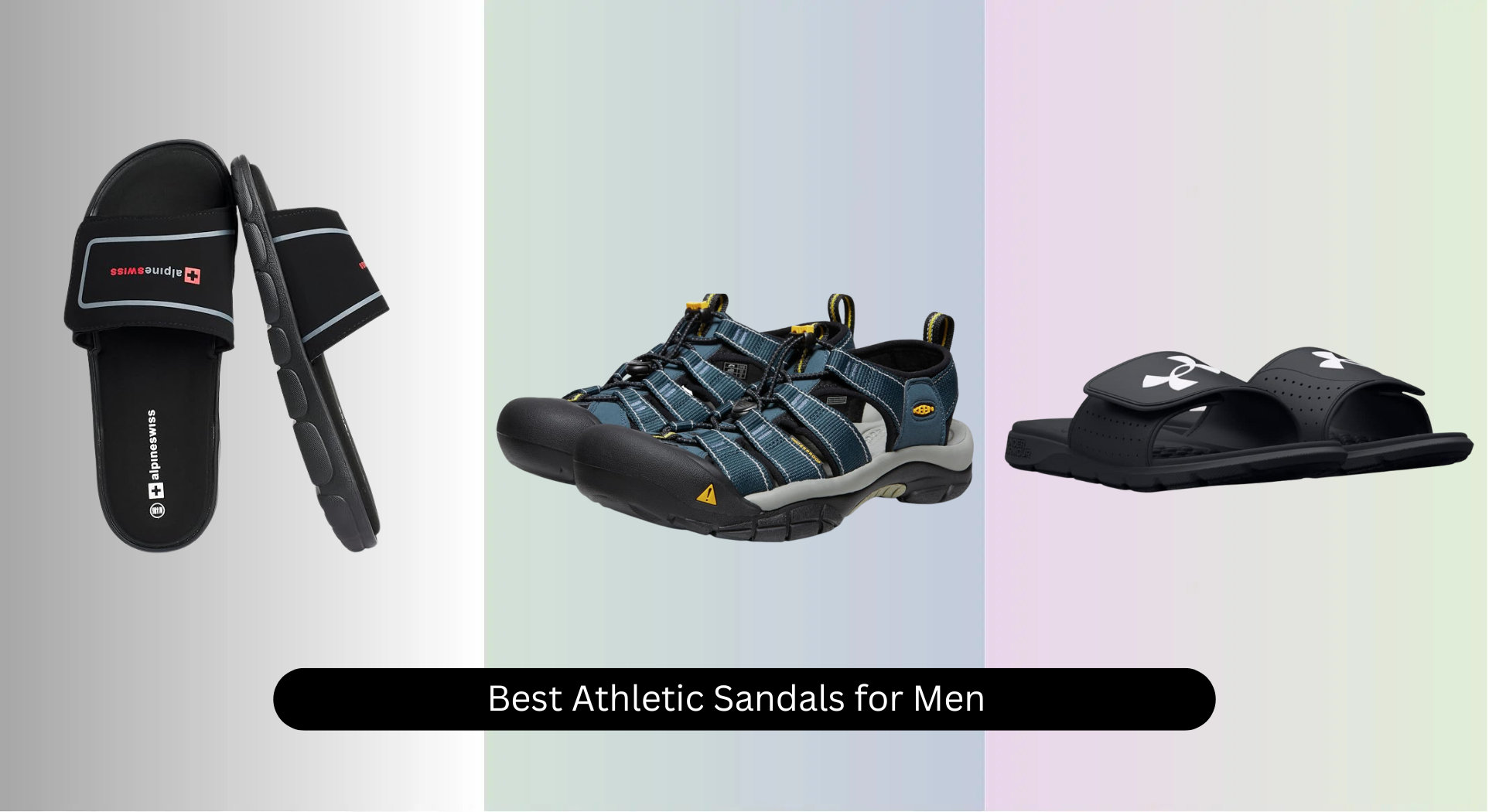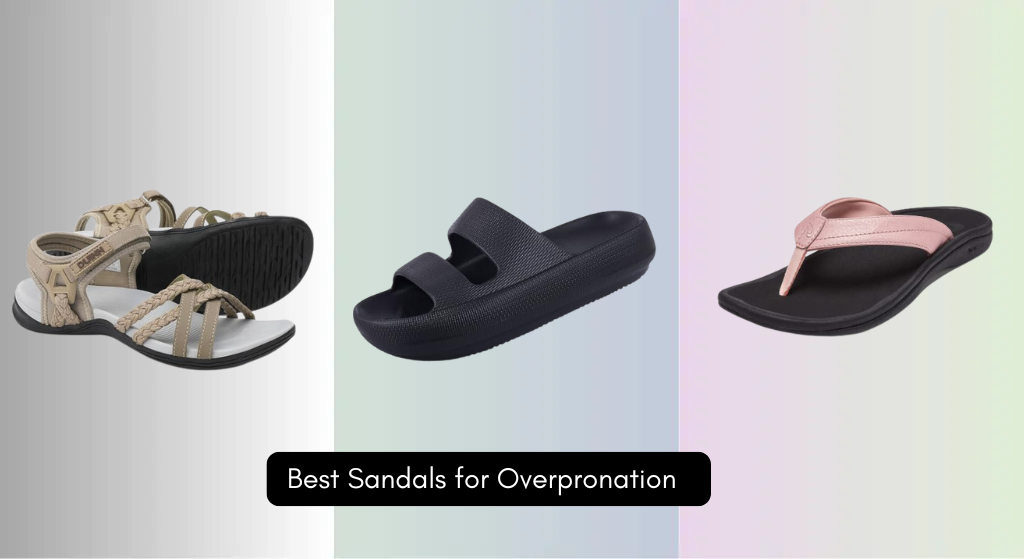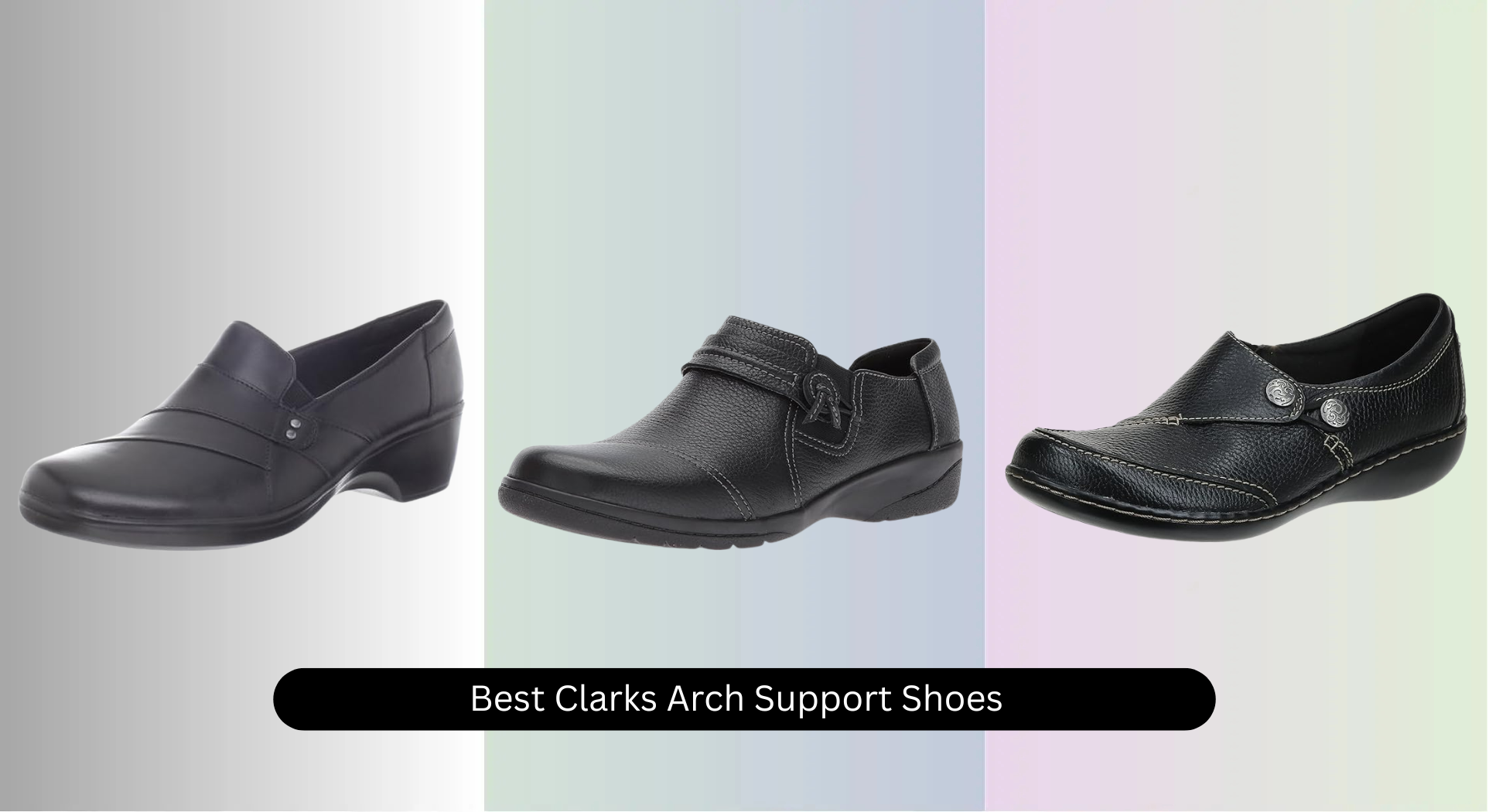Discover the crucial role of proper footwear in maintaining healthy feet. Learn how the right shoes can prevent common foot problems, enhance comfort, and support overall foot health. Get tips on selecting the best footwear for your needs.

Introduction
The importance of proper footwear cannot be overstated when it comes to maintaining healthy feet. Shoes play a crucial role in supporting the foot’s structure, protecting it from injuries, and promoting good posture and balance. Wearing inappropriate or ill-fitting shoes can lead to a myriad of foot problems, affecting not just foot health but overall well-being. This article explores the reasons why proper footwear is essential for healthy feet and provides guidance on selecting the right shoes.
Table of Contents
The critical elements of support and stability, injury prevention, comfort and cushioning, and promoting healthy foot mechanics underscore the importance of proper footwear in maintaining not just foot health, but overall physical well-being. Let’s delve deeper into these aspects:
Support and Stability
- Essential for Balance: Proper support in footwear is crucial for maintaining balance and stability, helping to evenly distribute body weight across the foot. This balance is vital in preventing over pronation or supination, which can strain ankles, knees, and hips, leading to more significant health issues.
- Prevents Common Foot Conditions: Adequate support can also prevent various foot conditions, including plantar fasciitis, a painful inflammation of the tissue along the bottom of the foot, and issues related to flat feet or excessively high arches.
Injury Prevention
- Reducing Risk of Acute Injuries: Well-fitting shoes with good support protect against the immediate dangers of cuts, abrasions, and impact injuries. This protection is particularly important when walking or running on uneven or hard surfaces.
- Preventing Chronic Injuries: Overuse injuries like stress fractures, tendonitis, and bursitis can be mitigated with proper footwear. Shoes designed for specific activities can provide the necessary support and cushioning to reduce the risk of these injuries, while also enhancing grip and stability to prevent falls.
Comfort and Cushioning
- Impact Absorption: The right amount of cushioning in shoes can absorb the shock of footfalls, significantly reducing stress on the feet, ankles, knees, and hips. This is essential for individuals who are on their feet for extended periods, as it can prevent fatigue and discomfort.
- Essential for Athletes and Active Individuals: For those engaged in sports or physical activities, cushioning plays a pivotal role in preventing injuries by minimizing the impact on joints and muscles, thereby allowing for safer and more prolonged activity.
Promoting Healthy Foot Mechanics
- Encourages Natural Movement: Footwear that fits well and provides the correct support promotes a natural gait, which is essential for efficient and pain-free movement. By facilitating proper foot mechanics, the right shoes can minimize strain on the lower limbs.
- Contributes to Overall Posture and Alignment: Beyond the feet, proper footwear contributes to better posture and alignment, reducing the risk of musculoskeletal issues that can arise from poor gait or improper foot alignment. This holistic benefit underscores the interconnectedness of foot health with the rest of the body’s musculoskeletal system.
Selecting the right footwear is not merely about foot comfort; it’s about supporting the entire body’s structure and function. The benefits of proper footwear extend from the ground up, influencing posture, gait, and overall physical health. Understanding the key roles of support and stability, injury prevention, comfort, and promoting healthy foot mechanics can guide individuals in making informed choices about their footwear, ensuring they support their health and lifestyle needs effectively.

Considerations for Selecting Proper Footwear
When selecting proper footwear, the considerations of fit, support, material, and purpose are paramount to ensuring not only comfort but also the long-term health and functionality of your feet. Here’s a closer examination of these critical factors:
Fit
- Room for Toes: Adequate space in the toe box allows for natural toe movement, which is essential for balance and preventing compression-related issues.
- Avoiding Extremes: Shoes that are too tight can cause blisters, calluses, and restrict circulation, while those that are too loose can lead to improper foot alignment and increased risk of accidents through slipping.
- Proper Measurement: Feet should be measured regularly, as their size can change over time. It’s also important to try on shoes later in the day when feet are at their largest due to natural swelling.
Support
- Arch Support: Shoes with proper arch support can help in managing existing foot conditions and preventing the development of new ones. They ensure that the foot is held in its natural alignment, reducing strain on the muscles and ligaments.
- Heel and Ankle Stability: Adequate support in the heel and around the ankle can prevent overpronation or supination, reducing stress on the lower extremities.
Material
- Breathability: Materials that allow air flow, such as leather or certain synthetic meshes, can help in keeping the feet dry and cool, reducing the risk of fungal infections like athlete’s foot.
- Flexibility and Durability: Shoes should be flexible enough to accommodate natural foot movements but also durable to withstand the wear and tear of specific activities without losing their supportive properties.
Purpose
- Activity-Specific Features: Footwear should be chosen based on the intended activity to ensure that the feet are properly protected and supported. For instance, running shoes provide cushioning for high-impact activities, while hiking shoes offer traction and stability on uneven surfaces.
- Adaptability: Consider how the shoes will be used in your daily life or for specific sports to ensure they provide the necessary support, protection, and durability.
By carefully considering these factors, individuals can select footwear that not only fits well and feels comfortable but also supports overall foot health. Proper footwear selection is a proactive measure against foot problems and contributes to maintaining an active and healthy lifestyle.
Conclusion
In investing in proper footwear is an investment in your overall health. The right shoes can not only prevent a range of foot problems but also support your posture, reduce the risk of injuries, and enhance your ability to engage in physical activities comfortably. Taking the time to choose footwear that fits well, provides adequate support, and suits your lifestyle needs can make a significant difference in maintaining healthy, happy feet.










